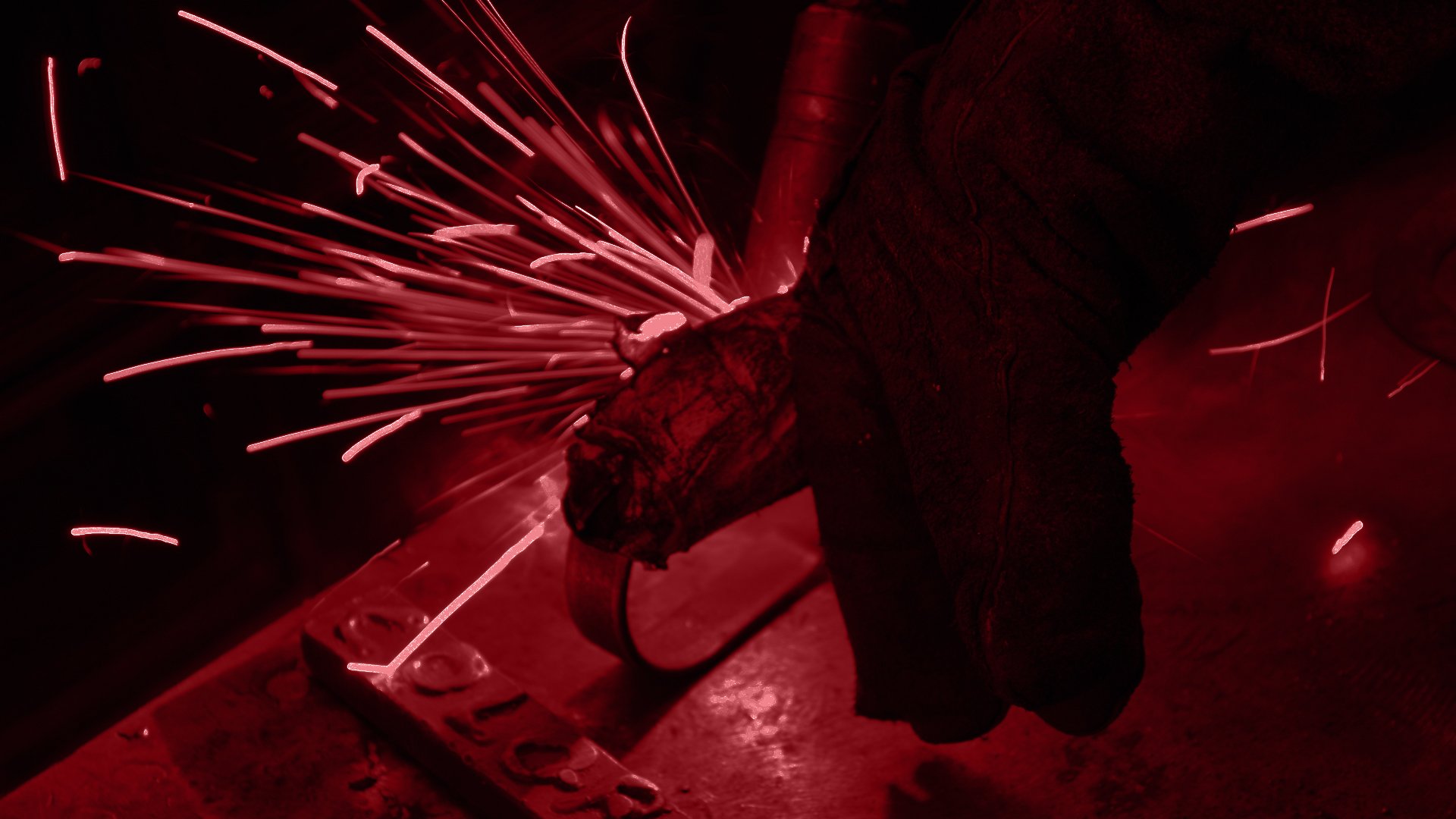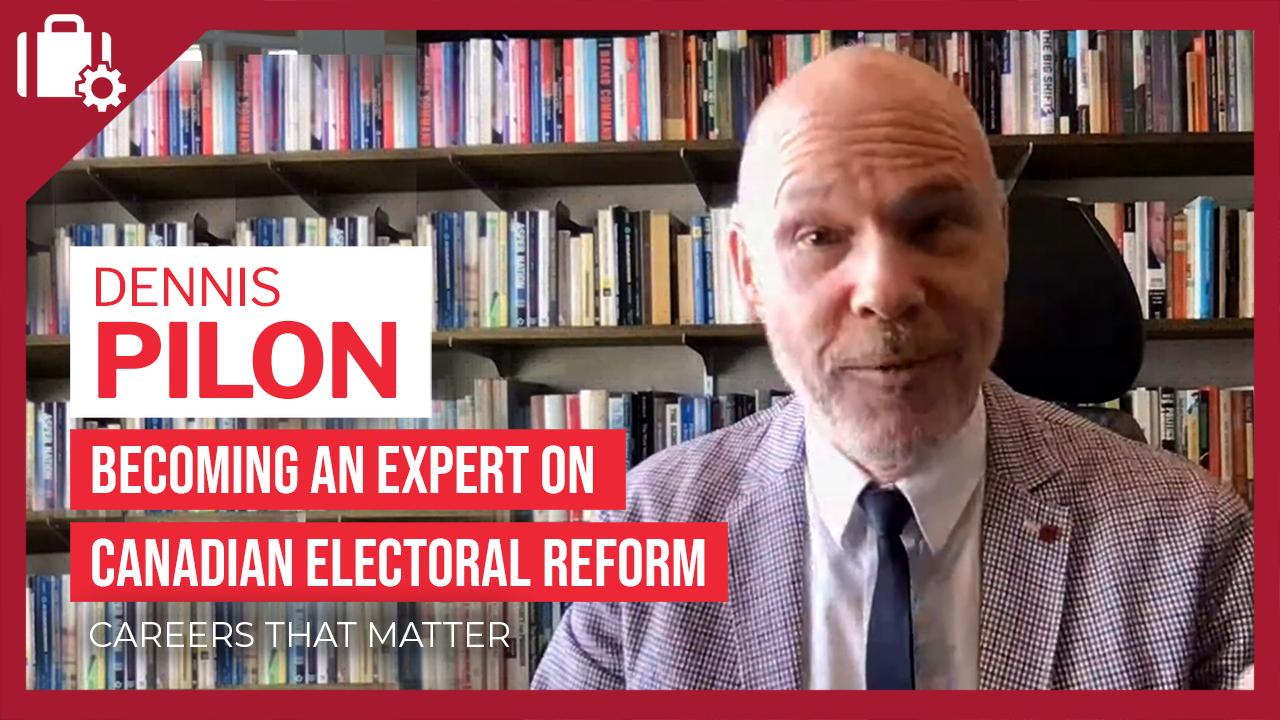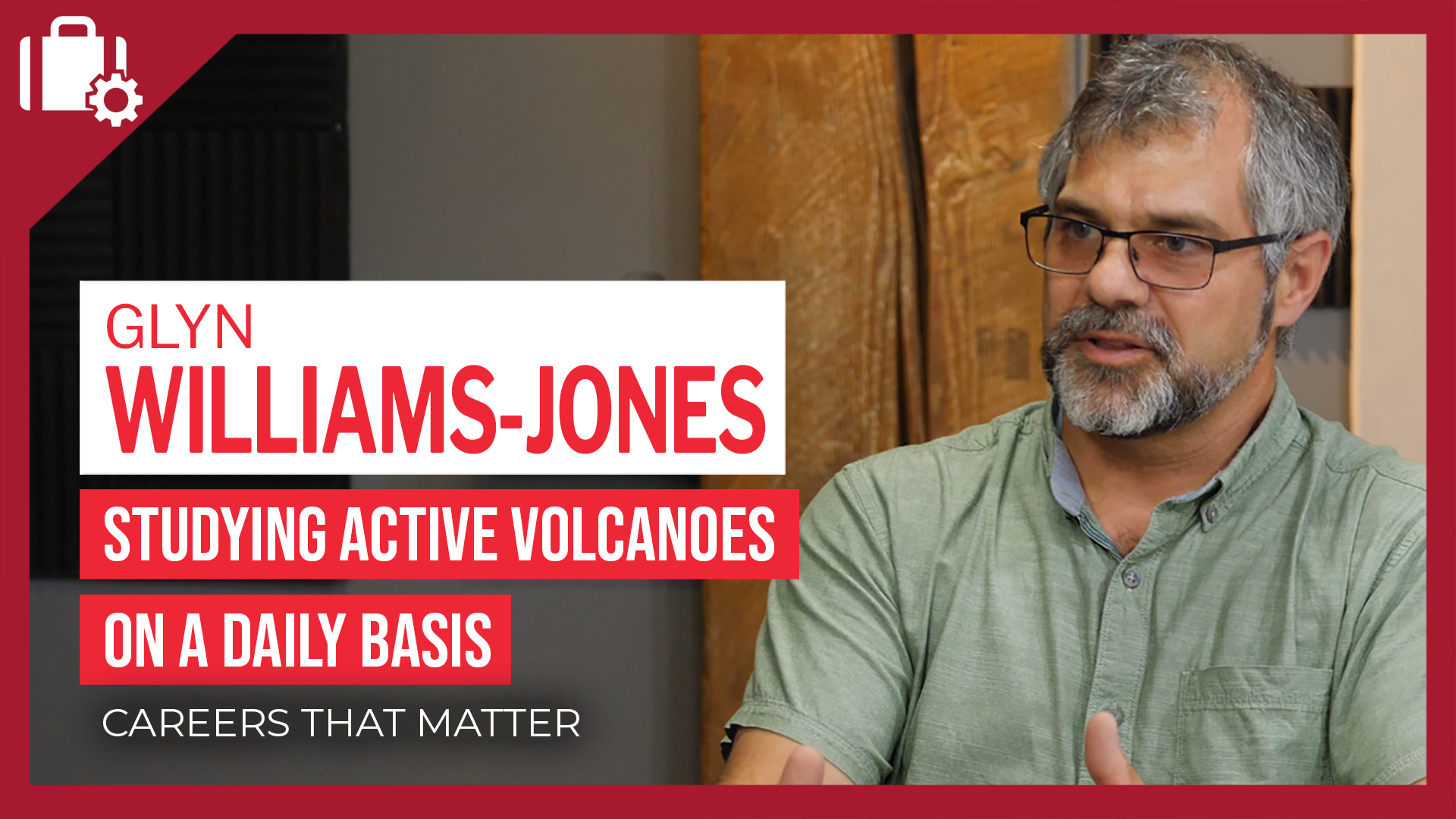
Episodes
Search episodes:
Browse by category
Becoming one of Canada’s burn and wound experts
Dr. Aziz Ghaharya’s business is in research – and it really is like running a business, from idea development to funding to reaching the finish line. And the competition is tough. He didn’t start out as a burn unit researcher; by using other studies as stepping stones, he was able to become a full professor and one of Canada’s foremost experts in burn and wound health.
Carving a new path: Turning challenges into a university career
As a lecturer at the University of British Columbia’s Sauder School of Business, Adam Pankratz’s job is to communicate the challenges of business to his students, which range from undergraduates to masters-level students – and make it interesting. This was nowhere near what he envisioned for his career when he graduated with a linguistics degree and worked in the hotel industry. As with all careers, it is never a straight line. But his difficulties with finding a job that matched his skills led him to the world of business and an entirely new path.
Studying what it means to be human in a complex world
Nick Bostrom’s job is to think about humanity – after all, as a philosopher in a complex world that has the rise of artificial intelligence, there is a lot to think about. When he started out in his career, academia was the only field where he could do that kind of work. But in today’s world, his work at the Future of Humanity Institute has gained importance as society starts to question how humans work with technology and artificial intelligence, and what that means to being human.
Discovering a passion for analyzing public policy and politics
For Roger Pielke, the best part of his job is having ears on the ground for public policy. His role as a professor was not surprising, coming from a family of academics. But his passion wasn’t discovered until a chance trip to Washington, DC, where he discovered how politics and policy can turn on a dime and require trust in order to function.
How to say yes to new opportunities
If you ask Wade Davis, there is a contentious relationship between the meanings of “job” and “work” and the assumption that a work journey in life is linear. To him, every decision leads to a different path in life and those who regret their paths are the ones who decide based on pressures imposed upon them. As a result, he has embarked on a philosophy to say “yes” to new opportunities.
Becoming a diet researcher by not being afraid to fail
Dr. David Harper’s specialty is in diet, but he emphasizes that he is a PhD in life sciences, not a medical doctor. His true love is education and teaching, which he has done for more than 40 years, something he sees as an example of giving back to the field that gave him his purpose. He sees himself as an advocate for healthy diet who goes beyond the commercial interests of the industry. To him, the key to success is having a vision, being authentic, being accountable for your own actions, not being afraid to be vulnerable, being empathetic, and having courage to be all of the above. ”Don’t worry about failure,” he says, “but fail fast and fail forward.”
Writing as a creative process: Preparation is key
John Rapley is not a person who will sit still. Starting out in academia, he has bounced around various roles, even starting his own think tank at one point. But he keeps coming back to one thing – writing. It is not as simple as sitting down and writing. According to John, 90% of what is written is unseen, hidden in research and preparation. Most of what the public sees is like a small slice of the iceberg.
Becoming the second most powerful foodie in the world
Dr. Marion Nestle’s journey to becoming the number-two most powerful foodie in the world (according to Forbes) started as an undergraduate who was interested in food, only to find that the only choices are agriculture and dietetics – two fields she was less than enthralled with. Instead, she found her way through the world of science, ranging from studying bacteria and molecular biology. After entering academia, she was handed a nutrition class to teach – and that transformed her world and catapulted her into the spotlight.
Feeling limitless: Becoming an economics professor
Dr. Laura Alfaro is a professor and economist at Harvard Business School, which means balancing research, teaching, and meeting with faculty and other experts in the field. This has been the career she has always wanted from a young age, which she admits is “bizarre.”
From Wall Street to the university: Professing what you love and know
Eli Joseph wears many hats – he is a university instructor at three institutions (Columbia, NYU, and UCLA), public speaker, and author. Even though teaching takes up the bulk of his time, he sees each speech as a unique challenge and each book as his “down time.”
Becoming an expert on Canadian electoral reform
Over the past decade, Professor Pilon has been in demand as a speaker and media commentator on many aspects of politics and political reform in Canada. He has appeared in hundreds of stories in print, radio and television.
Capturing an international audience with solar polarity
Dr Zharkova’s work in examining the sun as it moves into a solar minimum in the late stages of solar cycle 24 and into solar cycle 25 has captured the interest of an international audience. Her work suggests the long range forecast for the sun in the next two or possible three solar cycles will lead to a dramatic decrease in the volume and intensity of solar radiation in our solar system.
Studying active volcanoes on a daily basis
In this edition of Careers That Matter, we meet volcanologist Glyn Williams-Jones, whose enthusiasm for his job makes you want to say, "Where do I sign up?" He says volcanoes are just like people: they each have their own personality. Each one is unique, each one shifts, expands and, at times, explodes.













